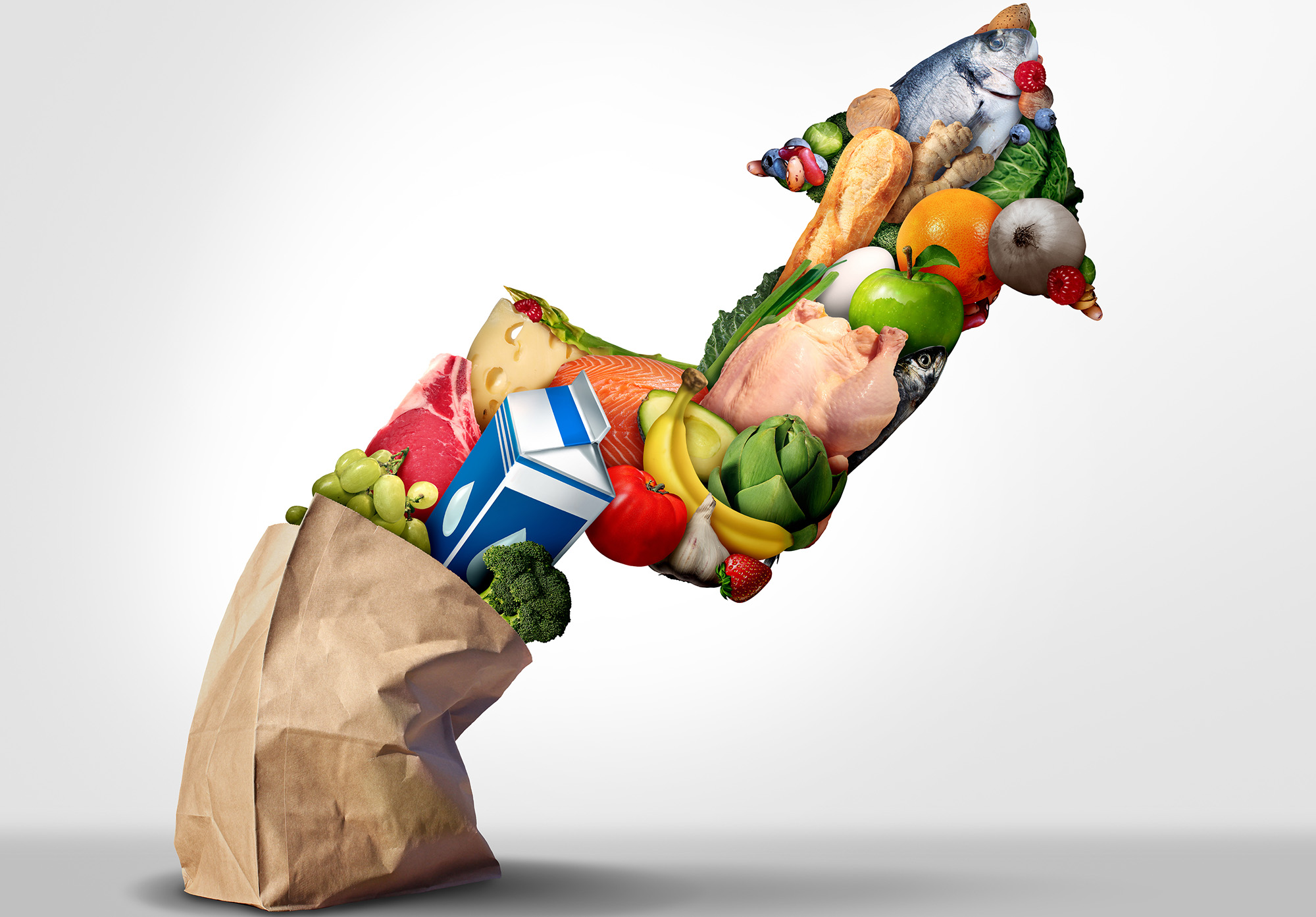Interestingly, the wholesale and retail food industries have come out all guns blazing. They are not denying that there have been increases, but they are strongly objecting to the claim they are “unjustified” or "opportunistic". The retail industry is particularly pissed off, claiming it is actually trying hard to keep the retail price of essential food goods down.
Who is right?
Of course, it's complicated, and it will be interesting to see the commission’s final work. But there is no doubt there has been a thumping increase in the price of some essential goods. The commission launched the investigation after the publication of its Essential Food Price Monitoring Report, established in the early days of the Covid-19 crisis. The report is produced by the Economic Research Bureau, a quasi-independent body of economists, but established and chaired by the CompCom. The report it produces makes really interesting reading, and the March 2023 edition is the eighth the group has produced.
The report shows something we all know; that the price of essential foodstuffs has increased fast over the past year. The retail price of white bread, just for example, increased from R15.47 to R18.62, an increase of 20% between January 2022 to December 2022. Many other essential foodstuffs have moved essentially in the same direction.
This figure tallies with other analyses. The organisation called Pietermaritzburg Justice and Dignity really does a great job of monitoring basic foodstuffs and it has a composite figure for essential food for a single person over a month. The figure increased from R2065.71 in March 2020 to R2714.97 this month. The biggest jump came over the past year when food prices rose 15.82% by its calculation; in previous years, prices rose loosely in line with inflation.
But the CompCom report does something more sophisticated too; it measures the difference between the wholesale price and the retail price. In the case of white bread, what it calls “the retail spread percentage” - the difference between the wholesale and retail prices - increased from 27% to 30%, an increase of three percentage points.
This spread can also be verified independently at last in terms of one product, the price of maize meal. The reason is that the South African Futures Exchange (Safex) quotes a wholesale maize meal price, which the report itself quotes. It notes from January 2022 to December 2022, maize meal prices increased by 32% going from R26.62 to R35.19, while the Safex price increased by 28%. Once again we have a small price spread of around five percentage points.
But unfortunately, these numbers, on their own, don’t prove the CompCom’s case. In fact, in some respects, its own numbers suggest it may be barking up the wrong tree. Take maize meal for example. Although the January to December figures do show a big rise, the average price over 2022 is not much higher than it was in 2021, although it is worrying that prices have been consistently at the higher level over the second half of last year.
Another way of looking at the problem is to ask whether the price increase of food is higher than in other sectors. And here too, the answer is complicated. Just today, StatsSA released producer price inflation numbers, and the big problem is not food but manufacturing. Food price declines actually helped moderate the PPI rise, which was underpinned by a sizeable increase in manufacturing prices.
This same issue is one raised by retailers responding to the CompCom’s investigation, saying you can’t just look at the increase in food prices alone (although the Commission is not doing that in isolation), you have to consider the entire food chain. If you do that, you have to include big increases in feed and other industrial inputs, as well as the completely obvious: load-shedding. There isn’t a retailer which has not complained recently about the huge amounts they are spending on diesel to maintain the cold chain. This is very expensive, and somewhere those costs have to be recouped.
I suspect something else is going on here: politics. It's been my consistent criticism of the CompCom over the recent past that it's too political a body, and because it embraces a political mandate so obviously and wholeheartedly, its findings get tainted with that political brush. This investigation is a good example. Obviously, the politicians are taking heat over the increased price of basic foodstuffs and they are pressuring the CompCom to “do something”. So it's done something: launched an investigation.
I don’t think that is necessarily a bad thing in itself, but I suspect there is an aspect of circus hands going on here. There may be gaps, but generally, it's my impression that the food and retail industry in SA face significant competition. This is particularly the case after the CompCom’s previous investigations in the 2000’s really did find some egregious problems in the food industry which I presume are now more or less fixed. In addition, I'm not sure a three percentage-point increase, which seems likely to come down judging by the PPI figures anyway, is really something to knot our knickers over.
But we will see. BM/DM
Business Maverick
After the Bell: Food price increases are devastating, but are they “unjustified”?





